Space travel, or prolonged living in space, is still a new frontier. The science of how living in microgravity affects health is just one aspect of that frontier. A new study on nematode worms is revealing the consequences of living in microgravity, and indicates a helpful alleviator of the consequences: physical contact with objects can help prevent neuromuscular decline.
“Progressive neuromuscular decline in microgravity is a major health concern for humans spending time in space,” explains Atsushi Higashitani, a molecular biologist at Tohoku University in Japan, in a statement. “Our international team investigated the underlying reasons for these changes.”
The researchers studied Caenorhabditis elegans, a nematode with similar molecular and physiological responses to microgravity as humans during spaceflight. This includes impaired muscle performance and loss of length.
Worms were grown in both simulated microgravity on Earth, and in space. Blood levels of dopamine, a neurotransmitter involved in movement and sensitive to physical contact, and COMT-4, an enzyme responsible for metabolizing dopamine, were determined in both environments.
The microgravity-grown worms had reduced levels of both substances. Dopamine levels in space-grown worms were less than half the levels found in worms grown in normal gravity, and their movements were slower. Administering dopamine reversed the. effects.
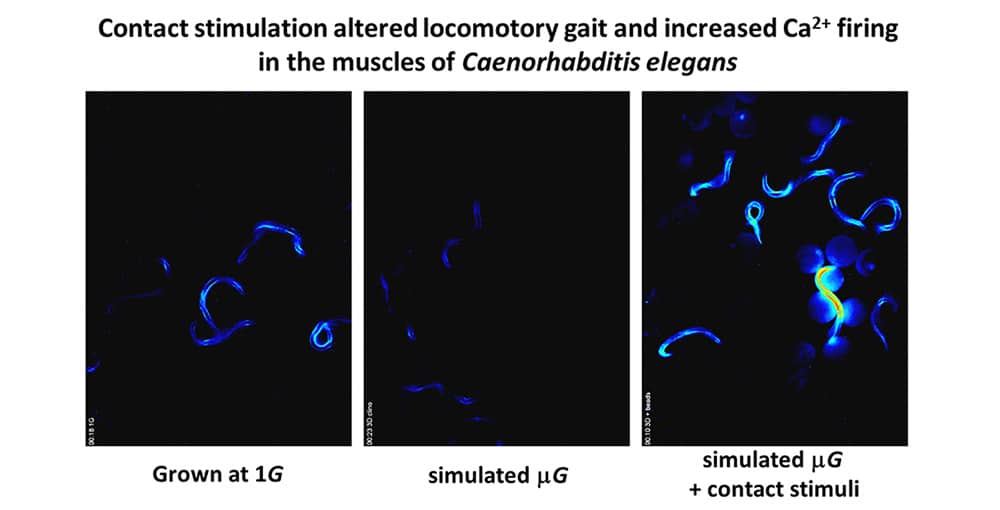
Next, the researchers tested whether the neuromuscular decline was a direct result of microgravity or an indirect effect of reduced physical contact. They compared adult worms grown in simulated microgravity conditions, which were placed in physical contact with plastic microbeads or in liquid where they were buoyant and lost contact with the base of the dish. The dopamine and COMT-4 levels did not decline in the first group and the worms showed normal movement.
Additionally, muscle calcium levels were less in adult worms grown in microgravity than in worms in contact with the microbeads. Calcium levels were restored when the worms grown in microgravity were placed in contact with the microbeads. Calcium is essential for muscle contraction.
“We uncovered a pathway between physical contact, dopamine, and muscle regulation that controls neuromuscular health in microgravity,” says Higashitani. “Introducing physical contact re-establishes this pathway and helps to restore muscle function.”
This study suggests that targeting the dopamine system through physical contact with objects can prevent muscular decline and is a realistic treatment strategy to promote safe, human, deep-space travel.
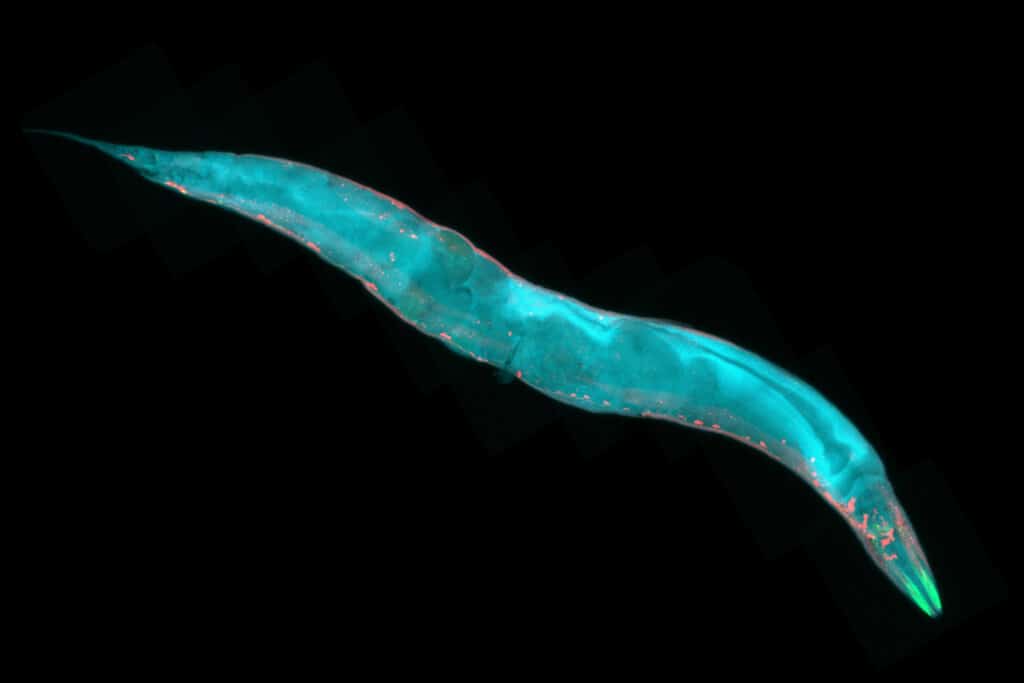
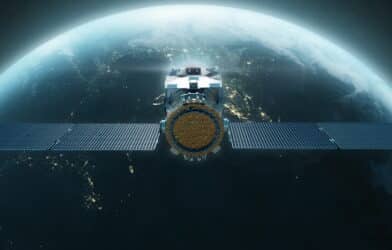
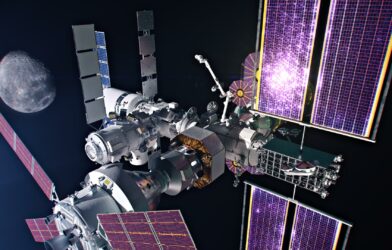
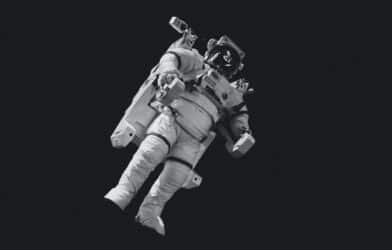
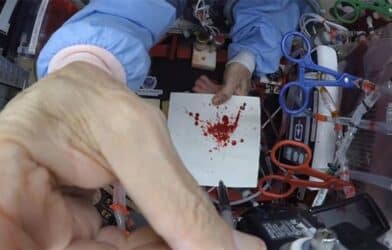
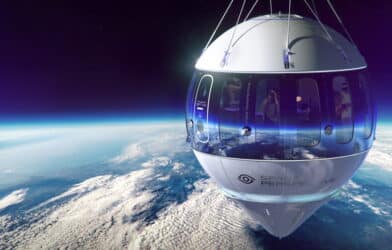



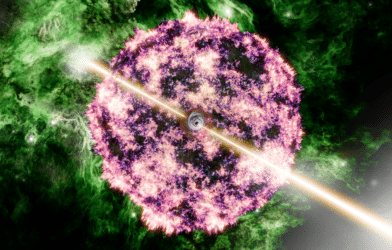
-392x250.png)
